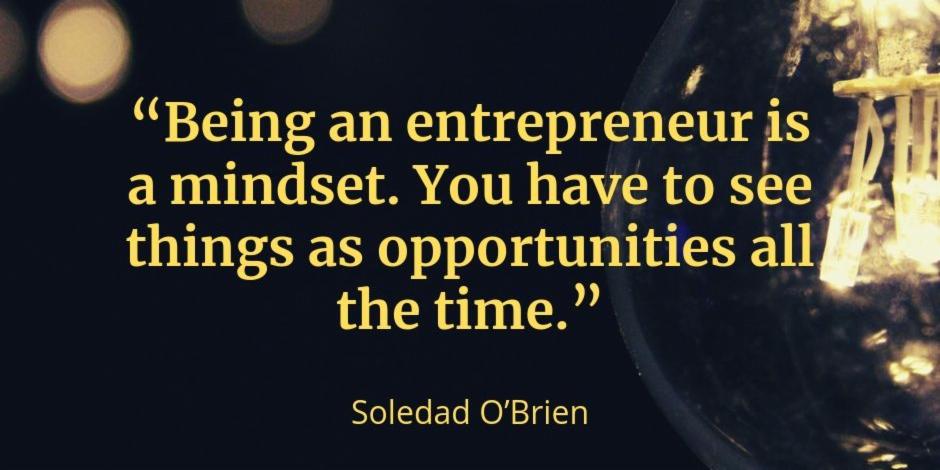Most conferences are structured around one speaker sharing their expertise with an audience. This can be a great way for a larger group of people to learn about a specific topic.
However, there’s another style of conference that focuses on active participation and collaboration.
An unconference prioritizes the experience and expertise of the participants, so that the group drives the conversation. The style emerged in the early 2010s. Today, it has grown from its origins in the teaching community to reach professionals across various industries.
“An ‘unconference’ (also referred to as an ‘EdCamp’) is a participant-driven conference model that emerged in the early 2010s. Unconferences subvert the expert-centered structure of traditional conferences by instead prioritizing participant voices (in this case educators) as leaders and decision-makers.”
Source: What is an UnConference?
Epic Marketing Consultants is a proud participant in Podcamp, which is one example of an unconference. As Christopher Penn explained, Podcamp itself started with the idea of “sharing out our skill sets with the mindset that someone knows something you don’t, and you know something they don’t.” Through Podcamp, professionals from different sectors of the digital business world come together to exchange ideas and share experiences. The experience propels participants in exciting new directions of their professional and creative lives. Bringing together creativity, innovation, and dialogue in the open framework of an unconference is a surefire way to spark conversations and new ideas.
The Benefits of Exchanging Ideas
One of the advantages of an unconference is that everybody is an expert on their own experiences. All participants start on an even playing field. The diverse group of professionals that come together at Podcamp are all equally qualified to contribute unique insights and points of view. This will keep ideas flowing in an unpredictable synergy. Lean into the chaos. You might be surprised at how much there is to learn that you didn’t even know you didn’t know yet!
Don’t know where to start? Here are some tips on how to make the most of your Podcamp experience:
- Set some goals for your day! What’s been on your mind lately? What are some questions you may feel stuck on that could use some fresh perspective? Have the seed of a great idea you could use some help getting off the ground? What’s the last new idea or concept that got you excited to learn more about? These are all great entry points for helping you orient your goals for Podcamp.
- Come ready to explore! Curiosity and an open mind are two of the most powerful tools when it comes to creating the right environment for dynamic conversations. Everyone can go home with insightful takeaways when the stage is set for open communications.
- Be bold! When you find yourself in a moment where you feel like perhaps your insight could be useful, you’re probably right. Don’t just keep a good idea all to yourself or second guess your own qualifications. Your contribution could be the catalyst to an exciting new direction of thoughts for everyone.
Asking Questions for Understanding
Questions are an important part of keeping conversations going, and that’s especially true in an unconference setting like Podcamp. The right questions can help all participants take a moment to pause and reflect on an idea. Then, together you can dig in deeper on it.
Not all questions are created equal. Asking questions for understanding can help clarify a point. Or, hone in on some important context that might not have been clear to the group. When you ask questions for understanding, you also create an opportunity for others to add their own particular flavor of expertise. Expand the range of possibilities with open-ended questions that are conversation starters.
Additionally, asking insightful questions is a two-way street. Once you’ve asked a question, your next job is to listen up! Avoid passive listening. When a listener is disengaged, or thinking about what they’re going to say next, the conversation doesn’t move forward. In fact, this way of listening can distract you from getting the answers you came for.

In 1957, two American psychologists, Carl Rogers and Richard Farson, coined the term “active listening” in a paper of the same name. Since then, the term has come to stand for the idea that a good listener is one who shows their interest in a speaker’s thoughts, rather than silently sitting. This can mean showing somebody has your full attention with body language or encouraging vocal affirmations.
Practicing active listening will make you a better participant, conversationalist, and, ultimately, a better learner. So, when an idea interests you, keep your eyes on the speaker. Give feedback through your body language. Nodding your head, arching an eyebrow, or offering a gentle “hmmm!” are all great ways to show you’re fully present.
Creating Strong Networking Connections
Active listening demonstrates interest in the speaker, which in turn creates more engagement for everybody. Networking and connecting with others is one of the benefits of attending group events, like conferences and unconferences. Think of these interactions as laying the foundation for future opportunities and relationships.
And, just like a romantic relationship, it’s important to show someone you care. By all means, share your experiences with your professional friends and family. Consider extending the Podcamp experience by bringing the same open attitude to your everyday work. How do you keep the Podcamp moment going?
Take the spirit of your unconference experience and bring it with you into your day-to-day work.
How to Keep the UnConference Experience Going:
- Follow up with a phone call or meeting. Even an email saying, “It was great meeting you at Podcamp!” is meaningful. Let people know when they have had a positive impact on your day.
- Whenever you find a new connection, practice intentionally listening. Staying fully present when listening, rather than letting your mind get ahead of the conversation, will help you and others stay engaged.
- Share your Podcamp experience on your business’s social media, through photos or a post. Take notes on what you learned. Then, make this a blog post about what made your unconference experience different from the average business conference.
- Take your lessons learned back to the office. One of the benefits of attending professional development is being able to exchange notes. Share the processes you use in your own business, as well as the latest tools and practices others use for success.
- Bring your sense of curiosity to your next meeting. See what you can learn when you invite somebody else’s ideas into the conversation. Show that you’re interested. Your conversation partner will feel more comfortable in dialogue. Also, it will be easier for them to enjoy listening to you when you speak!
Remember that we all have one-of-a-kind expertises. Nobody else has lived your life! Sharing conversations and ideas in an open, equanimous environment will help you discover insights you might miss out on if you monopolize a conversation or don’t take the time to practice asking questions for understanding and active listening.




